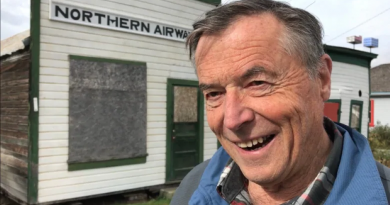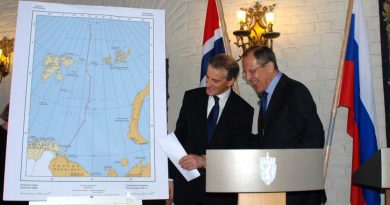Indigenous children who died in residential school commemorated in Quebec
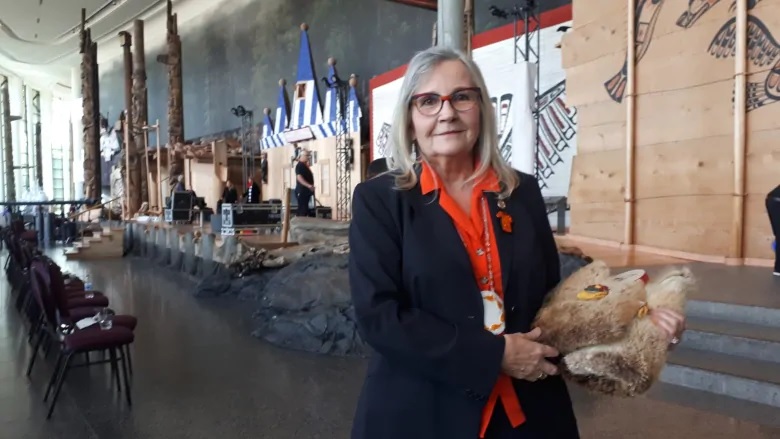
A moving and sombre ceremony held Monday at the Canadian Museum of History in Gatineau, Que., near Ottawa, included the release of the names of 2,800 Indigenous children who died while in Canada’s Indian Residential Schools.
In 2015, the Truth and Reconciliation Commission released its final report, which included 94 calls to action. Number 72 called upon the national government and the National Centre for Truth and Reconciliation to create a register of all student deaths at residential schools.
Dr. Marie Wilson was appointed one of the three TRC commissioners in 2009. She said the database is a way of honouring those missing children.
“We always kept two empty chairs around our circle when we did our commission work, one for the little boys and one for the little girls, so they would know that they were not forgotten,” she said.
According to the centre for truth and reconciliation, the number of children identified by name, as well as unnamed in death records, during the residential school era in Canada is about 4,200. There are approximately 1,600 unnamed students in the register.
National Chief of the Assembly of First Nations Perry Bellegarde says the list addresses the systemic discriminatory problems in the justice and health-care systems in Canada, but he feels more needs to be done to fix these problems today.
“Now we have another report saying what we’ve been saying for years — First Nations citizens are being treated like second-class citizens living in third world conditions,” he said.
“How many reports is it going to take before governments move and act? We can use this report to force governments to act.”
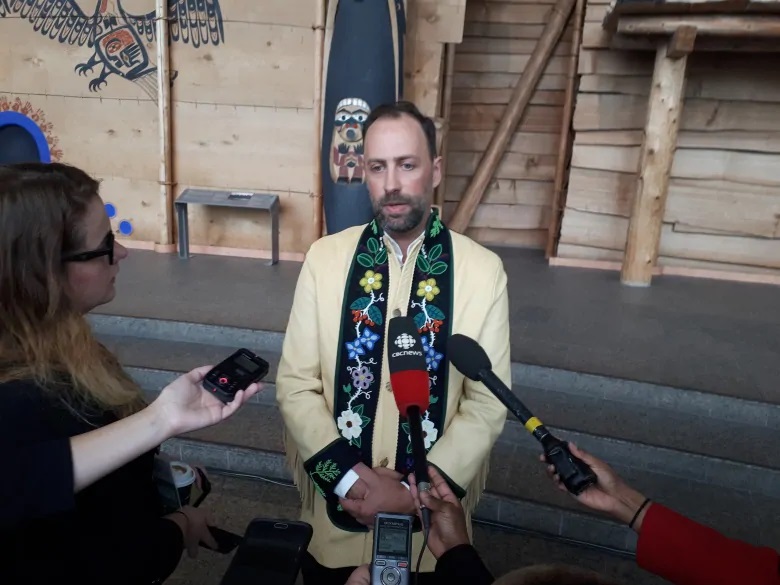
Ry Moran, the centre’s director, says the student register is important because every Canadian needs to understand the history of residential schools and the effects of intergenerational trauma that exist today in Indigenous society.
Moran feels that Canada is on the right path in terms of reconciliation, but agrees more needs to be done.
“Canadians are beginning to wake up,” he said.
“They’re beginning to hear these stories. We’ve broken a lot of silence and I am continuously amazed on a daily basis just how many people are taking the reconciliation effort seriously. That gives me great hope that we will turn the corner.”
To lay flowers, cry and pray
Joyce Hunter, a Cree from Peawanuck First Nation in Ontario on the coast of Hudson Bay, said she never knew her brother. Charlie Hunter died in 1974 at the age of 13 while trying to save another boy from drowning at the St. Anne’s Residential School in Fort Albany.
Hunter said it took her family 36 years to locate Charlie’s remains and have them repatriated back to Peawanuck.
“I remember being so angry and so frustrated and so heartbroken. It’s very demoralizing to be told, ‘I’m sorry but no, we can’t help you,'” she said.
She says having this register is an important part of the healing process and helps to provide closure for families who have lost loved ones.
Hunter says having her brother’s remains repatriated gives the family a chance to mourn Charlie properly and to be able to put their hands on his headstone, to lay flowers on it, cry, and pray.
“They seem like simple acts,” she said. “But when they’re taken from you, all you can do is look south and know that 100 miles away your baby is laying dead in the ground alone.”
Hunter hopes that when the public sees the list of names, they will be reminded of their own families and the love they have for each other.
“That’s how were going to achieve reconciliation; as families, as communities and as nations,” Hunter said.
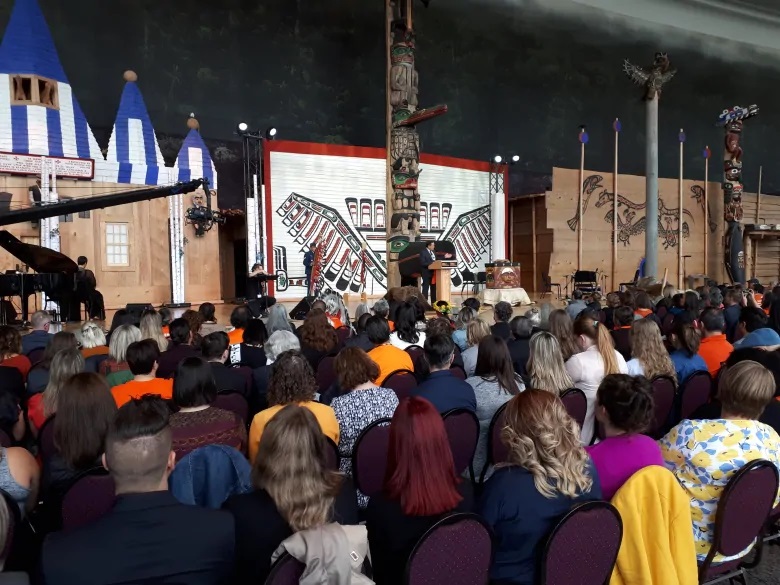
Related stories from around the North:
Canada: Premier François Legault apologizes for Quebec’s treatment of Indigenous peoples, Radio Canada International
Finland: The Arctic railway: Building a future… or destroying a culture?, Eye on the Arctic special report
Sweden: Twenty-five Indigenous Sami remains returned by museum are reburied in northern Sweden, Radio Sweden
United States: U.S. Justice Department to send millions to rural Alaska law enforcement, Alaska Public Media

